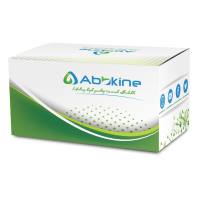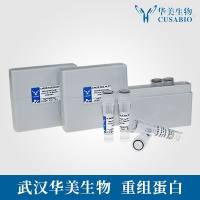TLC Immunostaining for Detection of Antiphospholipid Antibodies
互联网
692
Thin-layer chromatography (TLC) is a nonquantitative technique, which has been employed in the detection of antiphospholipid (aPL) antibodies. Antiphospholipid syndrome (APS) is the most frequently acquired thrombophilia, characterized by thrombosis and obstetric manifestations associated to an autoimmune trait, represented by the positivity of antiphospholipid (aPL) antibodies. Immunoassays for anticardiolipin (aCL) and anti-β2 glycoprotein I (aβ2GPI) antibodies and clotting tests for lupus anticoagulant (LA) represent the standard tests for the routine detection of aPL. The term “seronegative APS” has been used to describe patients with clinical manifestation of APS and persistently negative aPL assessed with routine assays. TLC immunostaining is a useful method for the detection of different antigenic targets of “antiphospholipid” antibodies; it is able to identify the reactivity of serum aPL experimented with purified phospholipid molecules with a different exposure compared to ELISA methods. This method seems to be applicable in patients who repeatedly tested negative for the standard aPL, i.e., aCL, aβ2GPI, and LA. Therefore, this technique may be proposed as a second step test for the diagnosis of APS.






